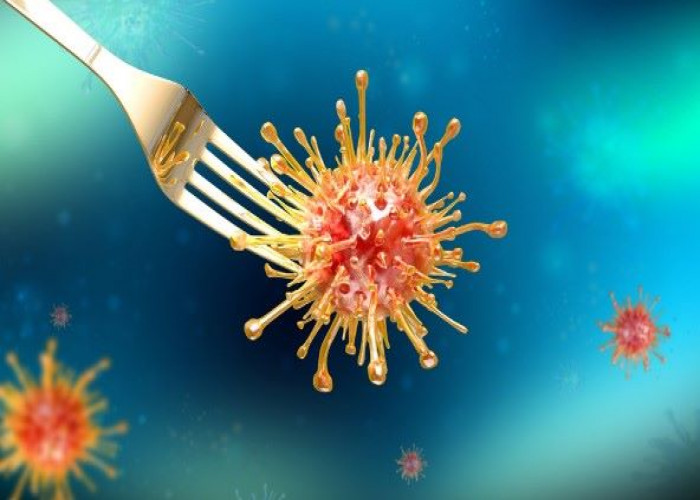 Welcome
Welcome
“May all be happy, may all be healed, may all be at peace and may no one ever suffer."
Food poisoning
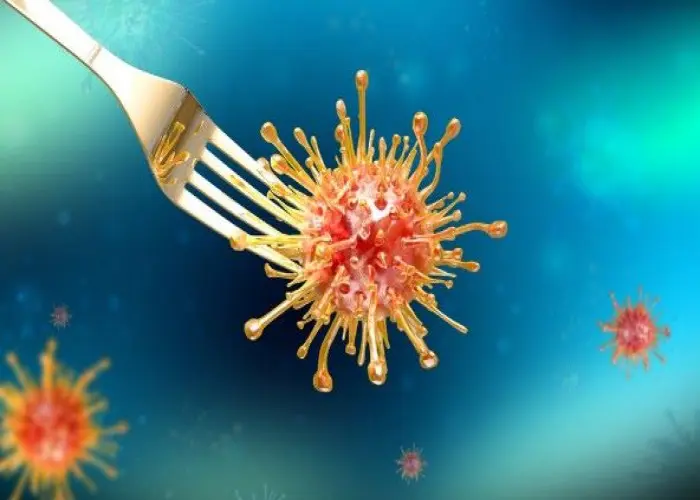
Food poisoning is a type of illness caused by eating food that is contaminated with harmful bacteria, viruses, parasites, or toxins. The symptoms of food poisoning can range from mild to severe and typically develop within a few hours to a few days after consuming contaminated food.
Common symptoms of food poisoning include:
- Nausea and vomiting
- Diarrhea
- Abdominal pain and cramps
- Fever
- Headache
- Weakness or fatigue
- Dehydration
The duration and severity of food poisoning symptoms depend on the type of bacteria or toxin that caused the illness, as well as the individual's overall health and immune system.
Some of the most common causes of food poisoning include:
- Salmonella
- E. coli
- Campylobacter
- Listeria
- Norovirus
- Hepatitis A
Preventing food poisoning involves taking steps to reduce the risk of contamination, such as washing hands thoroughly, cooking food to the appropriate temperature, storing food properly, and avoiding cross-contamination between raw and cooked foods.
If you suspect that you have food poisoning, it is important to seek medical attention, especially if you have severe symptoms or signs of dehydration. Most cases of food poisoning can be treated with rest and hydration, but in some cases, antibiotics or hospitalization may be necessary.
Research Papers
Disease Signs and Symptoms
- Nausea or vomiting
- Diarrhea
- Abdomen pain
- Abdomen cramps
- Fever
- Dizziness, lightheadedness or faintness
- Shock with a severe drop in blood pressure
- Staph bacteria are one of the most common causes of food poisoning.
- Food poisoning
Disease Causes
Food poisoning
Contamination of food can happen at any point of production: growing, harvesting, processing, storing, shipping or preparing. Cross-contamination — the transfer of harmful organisms from one surface to another — is often the cause. This is especially troublesome for raw, ready-to-eat foods, such as salads or other produce. Because these foods aren't cooked, harmful organisms aren't destroyed before eating and can cause food poisoning.
Many bacterial, viral or parasitic agents cause food poisoning. The following table shows some of the possible contaminants, when you might start to feel symptoms and common ways the organism is spread.
Disease Prevents
Food poisoning
To prevent food poisoning at home:
- Wash your hands, utensils and food surfaces often. Wash your hands well with warm, soapy water before and after handling or preparing food. Use hot, soapy water to wash utensils, cutting boards and other surfaces you use.
- Keep raw foods separate from ready-to-eat foods. When shopping, preparing food or storing food, keep raw meat, poultry, fish and shellfish away from other foods. This prevents cross-contamination.
- Cook foods to a safe temperature. The best way to tell if foods are cooked to a safe temperature is to use a food thermometer. You can kill harmful organisms in most foods by cooking them to the right temperature.
- Cook ground beef to 160 F (71.1 C); steaks, roasts and chops, such as lamb, pork and veal, to at least 145 F (62.8 C). Cook chicken and turkey to 165 F (73.9 C). Make sure fish and shellfish are cooked thoroughly.
- Refrigerate or freeze perishable foods promptly — within two hours of purchasing or preparing them. If the room temperature is above 90 F (32.2 C), refrigerate perishable foods within one hour.
- Defrost food safely. Don't thaw food at room temperature. The safest way to thaw food is to defrost it in the refrigerator. If you microwave frozen food using the "defrost" or "50% power" setting, be sure to cook it immediately.
- Throw it out when in doubt. If you aren't sure if a food has been prepared, served or stored safely, discard it. Food left at room temperature too long may contain bacteria or toxins that can't be destroyed by cooking. Don't taste food that you're unsure about — just throw it out. Even if it looks and smells fine, it may not be safe to eat.
Food poisoning is especially serious and potentially life-threatening for young children, pregnant women and their fetuses, older adults, and people with weakened immune systems. These individuals should take extra precautions by avoiding the following foods:
- Raw or rare meat and poultry
- Raw or undercooked fish or shellfish, including oysters, clams, mussels and scallops
- Raw or undercooked eggs or foods that may contain them, such as cookie dough and homemade ice cream
- Raw sprouts, such as alfalfa, bean, clover and radish sprouts
- Unpasteurized juices and ciders
- Unpasteurized milk and milk products
- Soft cheeses, such as feta, Brie and Camembert; blue-veined cheese; and unpasteurized cheese
- Refrigerated pates and meat spreads
- Uncooked hot dogs, luncheon meats and deli meats
Disease Treatments
Treatment for food poisoning typically depends on the source of the illness, if known, and the severity of your symptoms. For most people, the illness resolves without treatment within a few days, though some types of food poisoning may last longer.
Treatment of food poisoning may include:
- Replacement of lost fluids. Fluids and electrolytes — minerals such as sodium, potassium and calcium that maintain the balance of fluids in your body — lost to persistent diarrhea need to be replaced. Some children and adults with persistent diarrhea or vomiting may need hospitalization, where they can receive salts and fluids through a vein (intravenously), to prevent or treat dehydration.
- Antibiotics. Your doctor may prescribe antibiotics if you have a certain kind of bacterial food poisoning and your symptoms are severe. Food poisoning caused by listeria needs to be treated with intravenous antibiotics during hospitalization. The sooner treatment begins, the better. During pregnancy, prompt antibiotic treatment may help keep the infection from affecting the baby.
- Antibiotics will not help food poisoning caused by viruses. Antibiotics may actually worsen symptoms in certain kinds of viral or bacterial food poisoning. Talk to your doctor about your options.
Adults with diarrhea that isn't bloody and who have no fever may get relief from taking the medication loperamide (Imodium A-D) or bismuth subsalicylate (Pepto-Bismol). Ask your doctor about these options.
Disease Diagnoses
Disease Allopathic Generics
-
Promethazine Theoclate
Medications added to stop vomiting.
1/2 pill 3 times a day.
-
Prochlorperazine Maleate
Medications added to stop vomiting.
1 pill 3 times a day.
-
Metoclopramide Hydrochloride
In severe cases, 1 injection should be given in the flesh. If necessary, injection should be done after 6/8 hours.
-
Dextrose
If de-hydration.
500/1000cc at 40/50 drops per minute.
-
Tetracycline Hydrochloride (Oral)
To reduce constipation.
500mg every 6 hours.
-
Loperamide Hydrochloride
To reduce constipation.
2 capsules for the first time and 2 capsules for the next time. Maximum dose is 8 capsules a day.
-
Doxycycline Hydrochloride
To reduce constipation.
First 3 capsules at once, then 1 capsule twice a day.
-
Nalidixic Acid
To reduce constipation.
50-55 mg per kg body weight in 3 divided doses.
-
Metronidazole
Medication with metronidazole if there is mango in the stool.
1 pill or 1 spoon of syrup 3 times a day.
-
Hyoscine Butylbromide
To reduce stomach cramps and pain.
1/2 pill 3/4 times a day.
-
Drotaverine
1/2 pill 2/3 times a day or 1 intramuscular injection.
-
Atropine Sulfate
To reduce abdominal spasms.
1/2,1 injection into the flesh.
-
Pancreatin
Medicines containing pancreatin for digestion.
1 after meals 2 times a day.
Disease Ayurvedic Generics
Disease Homeopathic Generics
Disease yoga
Food poisoning and Learn More about Diseases

Rotavirus

Hearing loss

Bundle branch block
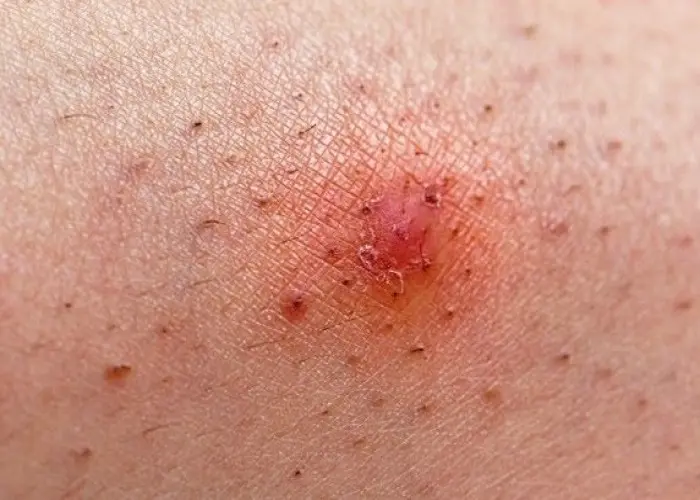
Ingrown hair
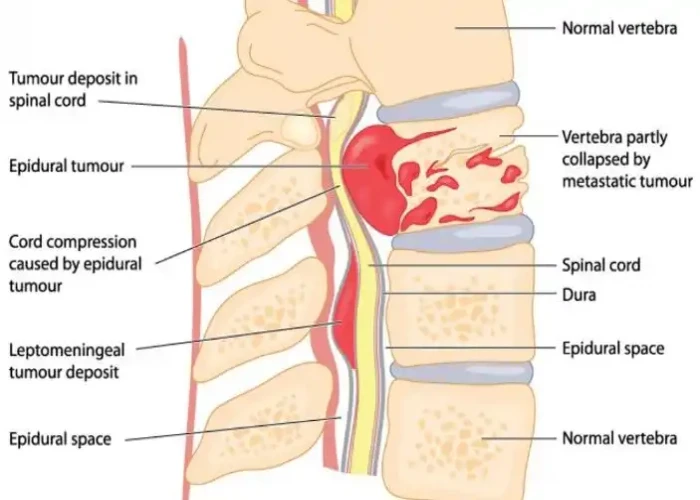
Vertebral tumor
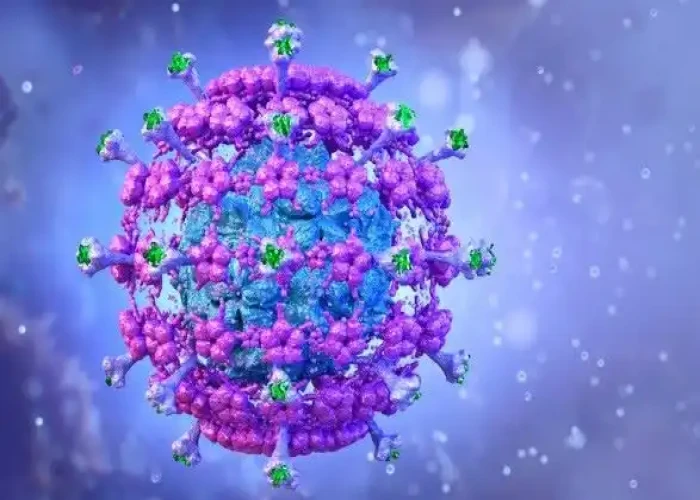
Viral gastroenteritis (stomach flu)

Kleptomania

Diaper rash
food poisoning, খাদ্যে বিষক্রিয়া
To be happy, beautiful, healthy, wealthy, hale and long-lived stay with DM3S.
